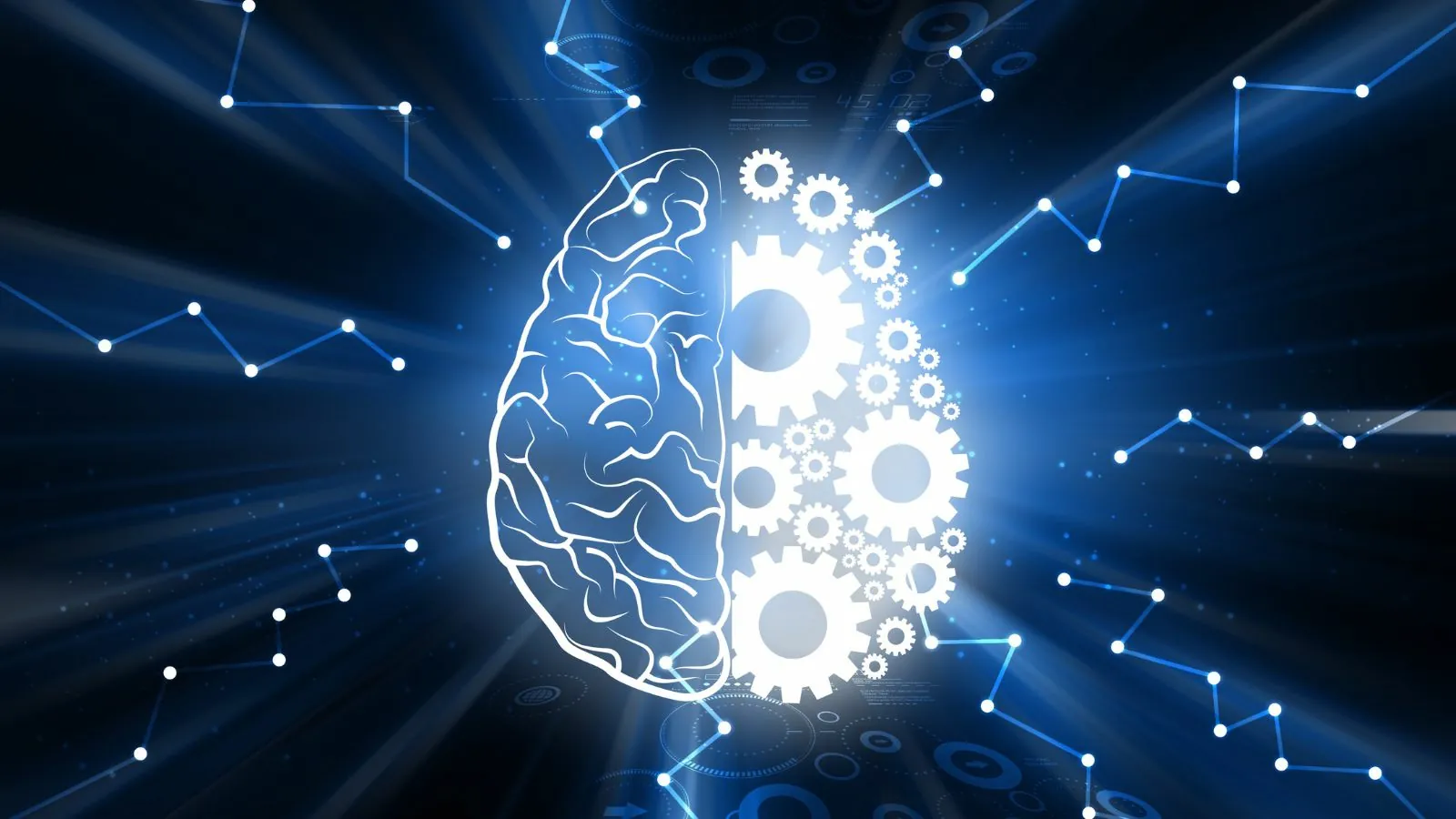In a world where sales teams often feel like they’re herding cats, AI lead generation software swoops in like a superhero with a shiny cape. This technology doesn’t just promise to streamline the process; it delivers leads faster than a pizza can arrive at a Friday night gathering. Imagine having an assistant that never sleeps, never takes a coffee break, and somehow knows exactly who’s ready to buy.
Table of Contents
ToggleOverview of AI Lead Generation Software
AI lead generation software plays a crucial role in modern sales strategies. This software employs advanced algorithms to identify and engage potential customers effectively.
Definition and Purpose
AI lead generation software refers to tools that automate the process of gathering and qualifying leads. These systems analyze large datasets to pinpoint high-quality leads based on specific criteria. They streamline workflows, reduce manual labor, and increase efficiency, allowing sales teams to focus on converting leads into customers. This automation enhances the accuracy of lead identification through data-driven insights.
Importance in Marketing
AI lead generation software is essential in today’s competitive marketing landscape. Companies harness its capabilities to improve targeting and personalization in campaigns, which leads to higher conversion rates. According to research, organizations using AI-driven lead generation have observed a 50% increase in qualified leads. This technology enables marketers to gather real-time insights, making adjustments to strategies based on performance metrics. By enhancing lead quality, businesses improve overall ROI, driving sustainable growth in their marketing efforts.
Key Features of AI Lead Generation Software

AI lead generation software offers several key features that enhance lead management and conversion. These tools streamline processes and provide actionable insights for sales teams.
Data Collection and Analysis
Data collection and analysis remain crucial aspects of AI lead generation. Systems gather data from various sources like websites and social media platforms, ensuring comprehensive coverage. Advanced algorithms process this data, identifying patterns that indicate potential buyers. Enhanced data-driven insights lead to better targeting and personalization in marketing campaigns. As a result, businesses can fine-tune strategies based on validated trends, increasing the chances of successful conversions.
Automated Outreach
Automated outreach capabilities significantly boost the efficiency of lead generation efforts. These software solutions initiate contact with leads through customized emails, social media messages, or SMS. Messages can be tailored based on insights gathered during the data analysis phase, enhancing engagement. By following up automatically with potential buyers, companies maintain consistent communication without increased manual work. This proactive approach nurtures leads throughout the sales funnel, ultimately driving higher conversion rates.
Top AI Lead Generation Tools
AI lead generation tools enhance the efficiency of sales teams by automating lead identification and nurturing processes. Here are three leading options in the market.
Tool 1: Features and Benefits
HubSpot integrates seamlessly with various platforms, enabling easy data collection from multiple sources. It offers advanced analytics that refine lead targeting, improving marketing campaigns. Automation features allow for personalized email outreach, ensuring consistent communication with potential buyers. Users report significant increases in qualified leads, with studies showing up to a 50% growth in engagement rates.
Tool 2: Features and Benefits
ZoomInfo combines comprehensive databases with real-time data updates, making it an invaluable resource for lead generation. The tool employs AI to analyze trends and behaviors, allowing for precise targeting of ideal customers. Its robust CRM integration enhances user workflows by providing seamless access to potential leads. Customers frequently experience improved conversion rates through customized marketing strategies facilitated by the software.
Tool 3: Features and Benefits
Leadfeeder focuses on website visitor tracking and identification to capture leads actively researching products or services. It provides insights into user behavior, helping businesses tailor their outreach strategies effectively. Integration with existing tools streamlines communication, allowing teams to engage leads swiftly. Statistics indicate that organizations leveraging Leadfeeder see an uptick in lead engagement, driving increased conversions.
Advantages of Using AI Lead Generation Software
AI lead generation software offers numerous advantages that enhance sales processes and marketing effectiveness. This technology not only automates tedious tasks but also maximizes results through various features.
Time Efficiency
AI lead generation software optimizes time management, automating data collection from multiple sources like social media and websites. Manual data entry becomes a thing of the past, allowing companies to focus on strategic decision-making. Sales teams no longer need to sift through extensive data sets; instead, they receive insights swiftly. As a result, they can allocate their resources more effectively, nurturing leads in real-time. Improved time efficiency directly correlates to increased sales productivity, enabling teams to engage more prospects without the administrative burden.
Improved Targeting
Improved targeting is another critical advantage of AI lead generation software. These tools utilize advanced algorithms to analyze customer behavior and preferences, refining lead identification significantly. By assessing historical data and market trends, software can identify the ideal customer profile more accurately than traditional methods. Enhanced targeting fosters personalized marketing strategies tailored to specific segments, increasing the likelihood of conversion. Companies report that utilizing such precise targeting leads to a remarkable rise in qualified leads, often achieving a 50% increase. Accurate targeting sets the foundation for lasting customer relationships while maximizing the efficiency of marketing campaigns.
Challenges and Considerations
AI lead generation software presents several challenges and considerations that organizations must address to maximize its potential.
Data Privacy Concerns
Data privacy concerns include the ethical use of customer information. Companies must ensure compliance with regulations such as GDPR and CCPA. Failing to adhere to these laws can lead to significant penalties. Transparency in data collection and usage builds trust with potential leads. Organizations should prioritize obtaining explicit consent from customers before storing their information. Securing sensitive data against breaches is essential. Data breaches can severely damage a company’s reputation. Companies leveraging AI must implement robust security measures to safeguard user data against unauthorized access and misuse.
Integration with Existing Systems
Integration with existing systems poses challenges for many organizations. Many companies utilize various platforms for CRM, marketing, and communication. Compatibility issues can arise when implementing new AI lead generation software. Identifying solutions that seamlessly integrate into current workflows is crucial. Adoption of standalone systems may lead to fragmented data, undermining its effectiveness. Customization options offered by some tools may facilitate smoother integration. Evaluating the compatibility of AI tools while assessing budget constraints is vital. Proactive planning enhances the chances of successful implementation and utilization of lead generation technology.
AI lead generation software is revolutionizing the way sales teams operate. By automating the lead generation process and enhancing targeting capabilities, these tools empower organizations to focus on what truly matters—building relationships and closing deals. The benefits of increased efficiency and improved accuracy are undeniable, positioning companies for sustainable growth in a competitive landscape.
While challenges like data privacy and integration exist, proactive planning can mitigate these issues. Embracing AI lead generation not only streamlines workflows but also cultivates a more personalized approach to marketing. As companies continue to leverage this technology, they’ll likely see significant improvements in their lead qualification and conversion rates. The future of sales is here, and it’s powered by AI.




